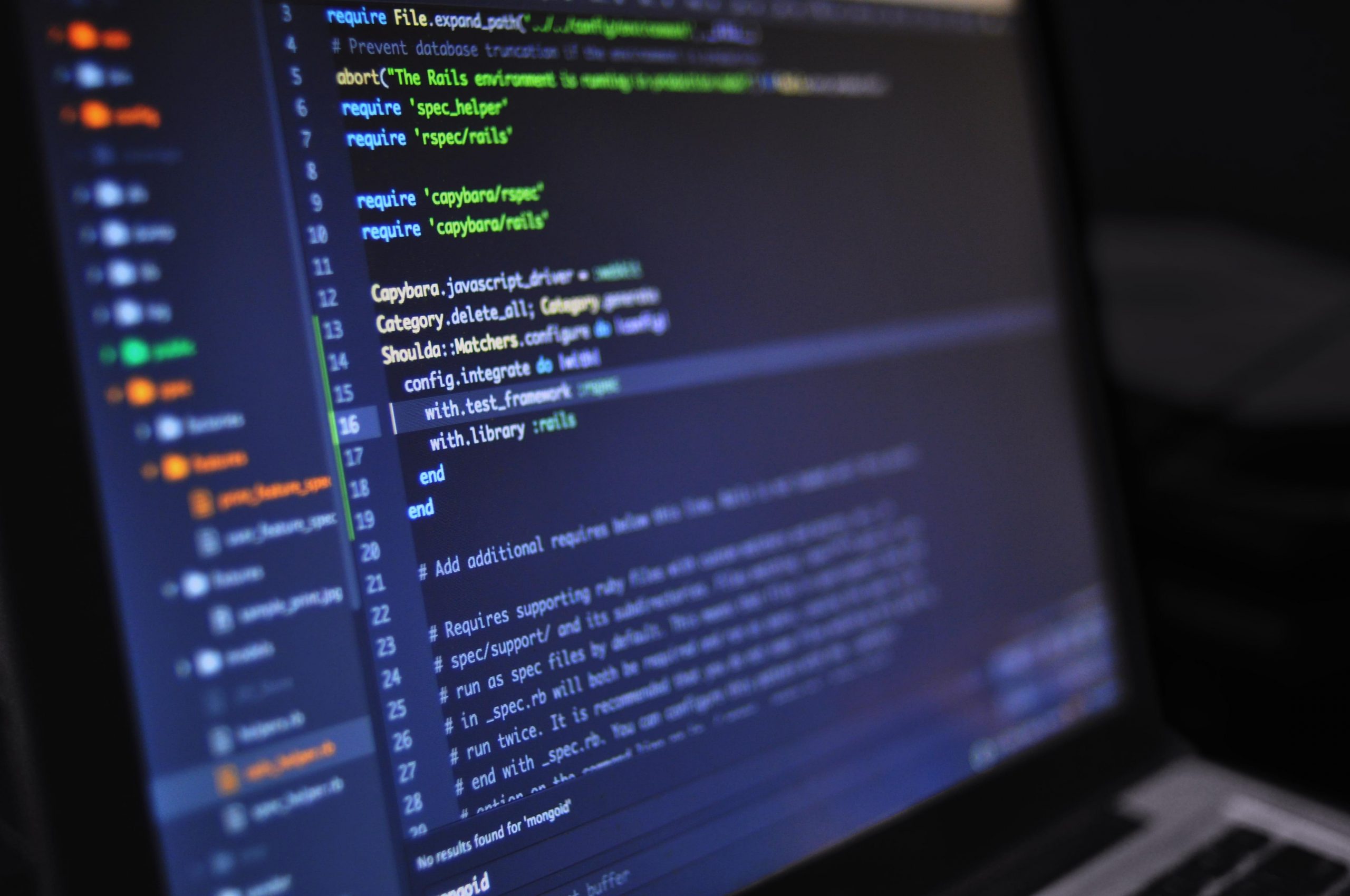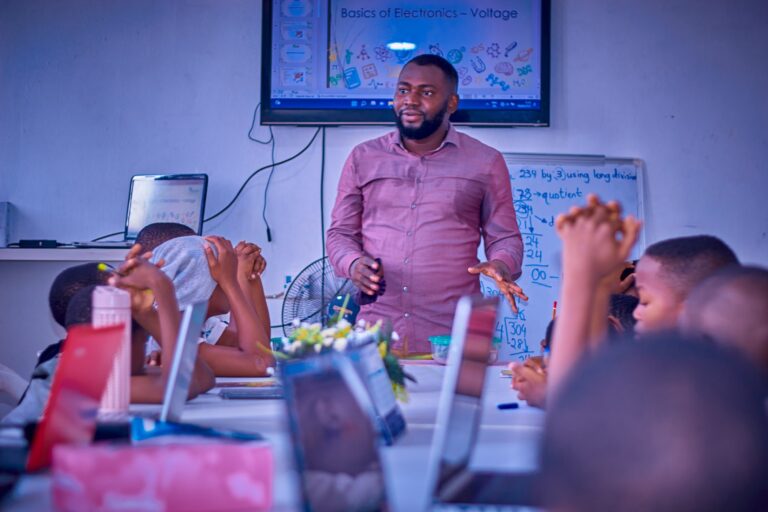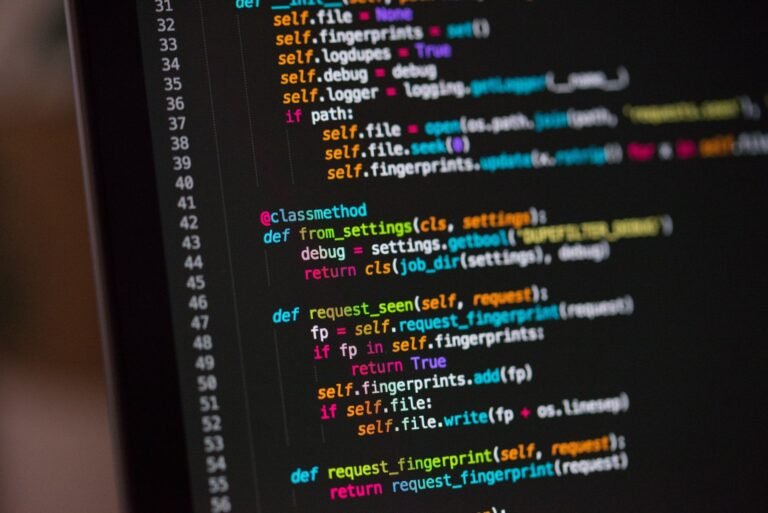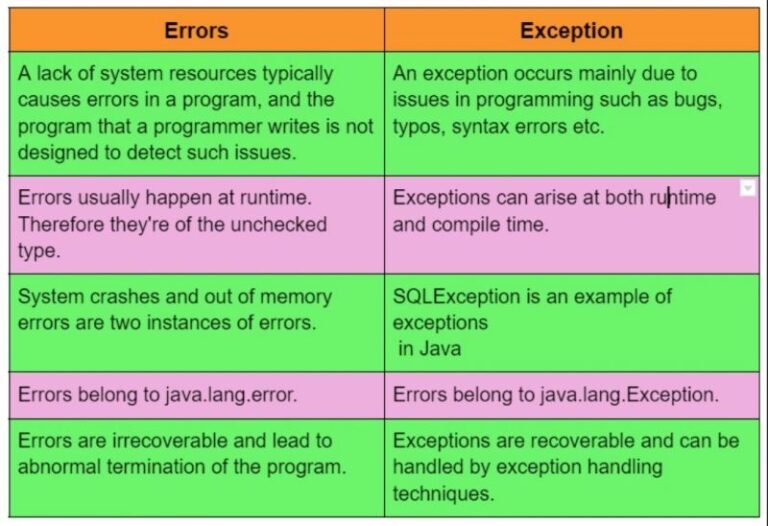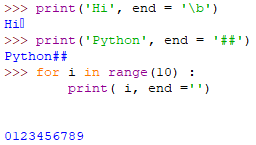How Long Does It Take to Learn Python Fully: Expert Insights
Learning Python fully can take several months to years, depending on prior programming experience and dedication. Consistent practice and real-world projects accelerate the learning process.
Python is a versatile, beginner-friendly language popular for web development, data science, automation, and more. Its clear syntax and extensive libraries make it accessible for newcomers while being powerful enough for seasoned developers. Mastery involves understanding core concepts, libraries, and frameworks.
Start with basics like data types, loops, and functions before advancing to libraries like Pandas for data analysis or Django for web development. Engaging in community forums, coding challenges, and open-source projects enhances learning. Python’s demand in various industries makes it a valuable skill to invest time in.
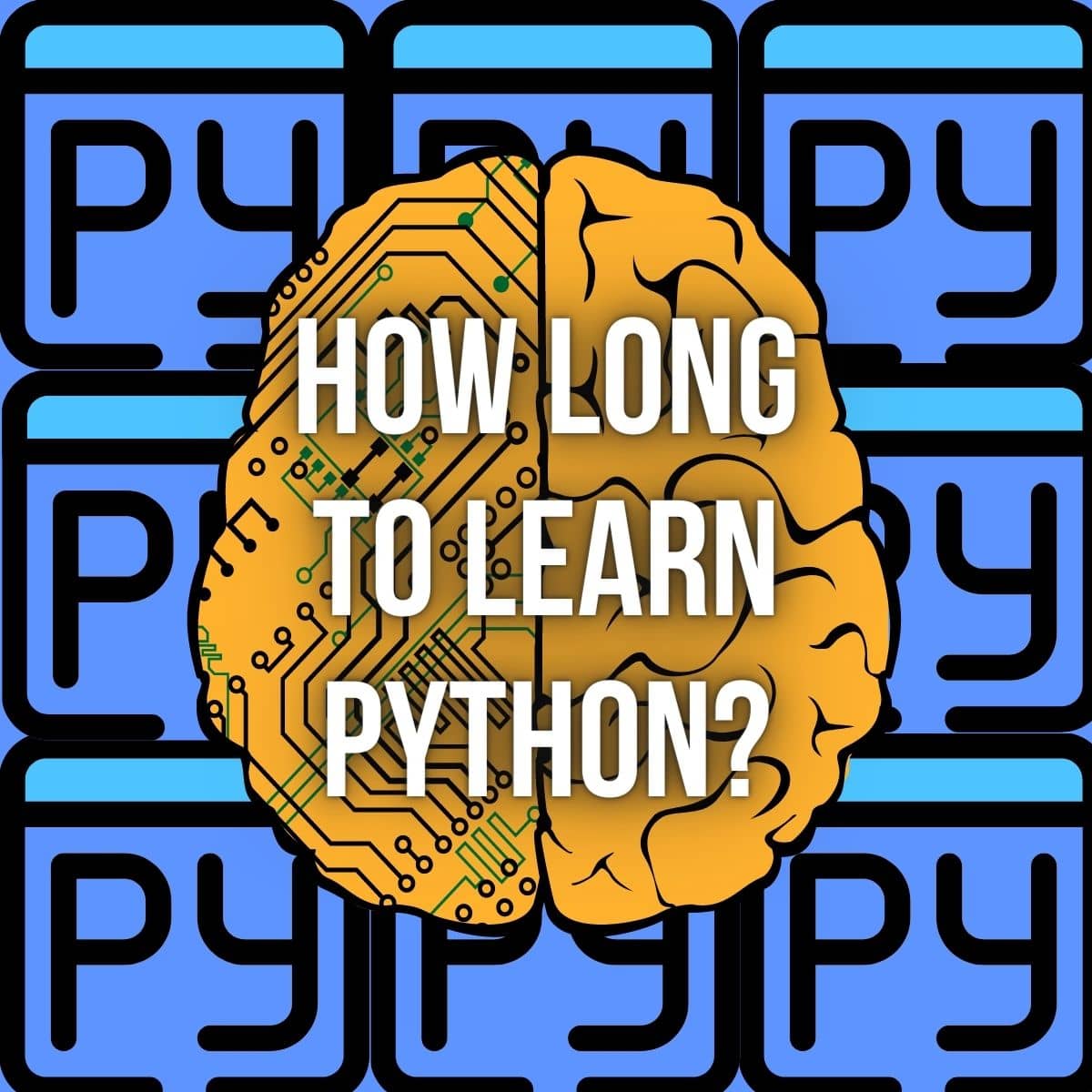
Credit: simpleprogrammer.com
Introduction To Learning Python
Learning Python can be an exciting journey. Python is a powerful and versatile programming language. Many people choose Python for its simplicity and readability. But how long does it take to learn it fully? This depends on various factors, including your background and dedication.
Why Learn Python?
Python is a great first language for beginners. Its syntax is clear and easy to understand. Python is also highly versatile. You can use it for web development, data analysis, artificial intelligence, and more. Companies like Google and Facebook use Python in their tech stacks. Learning Python can open many career opportunities.
Popularity And Applications
Python has gained immense popularity over the years. It ranks high in the TIOBE index and Stack Overflow surveys. Many developers prefer Python for its extensive libraries and frameworks. Python’s applications are vast and varied. Here are some key areas where Python is used:
- Web Development: Frameworks like Django and Flask make web development easy.
- Data Science: Libraries like Pandas and NumPy are essential for data analysis.
- Machine Learning: TensorFlow and PyTorch are popular for AI and ML projects.
- Automation: Scripts for automating tasks can save time and effort.
Python is also used in education, finance, and even game development. Its flexibility makes it a favorite among programmers.
Python Learning Path
The journey to learn Python can be exciting and rewarding. Understanding the learning path helps set clear milestones. Each stage builds on the previous one, ensuring a solid foundation. Below, we explore the Python learning path in detail.
Beginner Stage
The beginner stage focuses on the basics of Python. You will learn fundamental concepts. These include:
- Syntax and Variables
- Data Types
- Basic Operators
- Control Structures (if statements, loops)
- Functions and Modules
In this stage, practice is key. Write simple programs like a calculator or a number guessing game. These projects help reinforce the basics.
Intermediate Stage
The intermediate stage dives deeper into Python. You’ll focus on advanced data structures and object-oriented programming (OOP). Key topics include:
- Lists, Tuples, Sets, and Dictionaries
- List Comprehensions
- Classes and Objects
- Inheritance and Polymorphism
- File Handling
At this stage, building more complex projects is crucial. Examples include a simple web scraper or a basic game using Pygame.
Advanced Stage
The advanced stage is for mastering Python. You will work on specialized libraries and frameworks. Important topics include:
- Decorators and Generators
- Multithreading and Multiprocessing
- Database Connectivity
- Web Development (Django, Flask)
- Data Science (Pandas, NumPy, Matplotlib)
In this stage, large-scale projects are essential. Create a web application or a machine learning model. These projects showcase your expertise.
Learning Python is a continuous journey. Each stage builds your skills and confidence. Enjoy the process and keep coding!
Time Commitment
Learning Python can be a fun and rewarding journey. But it requires dedication. Your time commitment plays a crucial role in mastering Python. This section will explore how daily practice and weekly goals can help you learn Python efficiently.
Daily Practice
Consistent daily practice is key to learning Python. Setting aside at least 30 minutes each day can make a big difference. Here are some tips for your daily practice:
- Start with simple exercises.
- Work on small projects.
- Review previous lessons.
Daily practice helps reinforce what you learn. It builds a strong foundation. Remember, consistency is more important than long hours.
Weekly Goals
Setting weekly goals can keep your learning on track. Here is a simple table to help you plan:
| Week | Goal |
|---|---|
| 1 | Learn basic syntax. |
| 2 | Understand data types. |
| 3 | Practice loops and conditions. |
| 4 | Work on a small project. |
These goals provide clear milestones. They help you measure progress. Adjust your goals based on your pace. Celebrate each achievement.
Factors Influencing Learning Speed
How long it takes to learn Python fully depends on various factors. These factors can either speed up or slow down your learning process. Let’s explore some key elements that influence how quickly you can master Python.
Previous Programming Experience
If you have prior programming experience, you will likely learn Python faster. Understanding basic concepts like loops, variables, and functions is a big advantage. You can quickly grasp Python syntax and start writing code. On the other hand, beginners might need more time to understand these concepts.
Learning Resources
The quality and type of learning resources you use can also impact your speed. High-quality tutorials, books, and courses can make learning easier. Here are some popular resources:
- Online Courses: Websites like Coursera, Udemy, and edX offer structured courses.
- Books: “Automate the Boring Stuff with Python” is a great book for beginners.
- Interactive Platforms: Websites like Codecademy and freeCodeCamp offer hands-on coding experience.
- Community Support: Forums like Stack Overflow can help solve your coding issues.
Personal Motivation
Your personal motivation plays a crucial role. If you are passionate about learning Python, you will likely spend more time practicing. Consistency is key. Even 30 minutes a day can lead to significant progress over time. Set clear goals and track your progress to stay motivated. For example:
- Complete a basic Python course within a month.
- Build a small project in the next two months.
- Contribute to open-source projects by the end of six months.
Remember, everyone learns at their own pace. Stay patient and keep practicing.
Expert Advice
Learning Python can be a rewarding journey. Experts agree that it takes dedication and the right strategy. While the timeline to fully learn Python varies, expert advice can make the path clearer and shorter.
Learning Strategies
Experts suggest breaking down the learning process into manageable chunks. Here are some effective strategies:
- Start with the basics: Focus on understanding variables, data types, and basic syntax.
- Practice regularly: Consistency is key. Write code every day.
- Use online resources: Websites like Codecademy, Coursera, and freeCodeCamp offer structured courses.
- Join a community: Engage with fellow learners on forums like Reddit or Stack Overflow.
- Build projects: Apply your knowledge by working on small projects.
Common Pitfalls
Learning Python can come with challenges. Being aware of common pitfalls can help you avoid them:
- Skipping fundamentals: Ignoring basics can lead to confusion later.
- Overwhelming yourself: Trying to learn everything at once can be counterproductive.
- Not seeking help: Don’t hesitate to ask questions when stuck.
- Ignoring documentation: Python’s official documentation is a valuable resource.
- Procrastination: Delaying practice can hinder progress.
Remember, learning Python is a marathon, not a sprint. Follow these expert tips to stay on track.
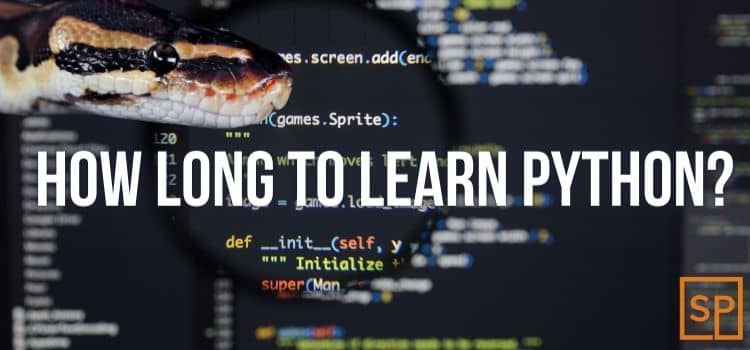
Credit: simpleprogrammer.com
Practical Projects
Practical projects help solidify Python knowledge. They provide hands-on experience. Working on real-world problems enhances understanding. Let’s discuss different project types.
Small Projects
Small projects are great for beginners. They build confidence and reinforce basic concepts. Here are some examples:
- Calculator: Create a basic calculator. It teaches arithmetic operations.
- To-Do List: Make a to-do list app. This project covers data structures.
- Simple Game: Develop a basic game. Games like Tic-Tac-Toe are easy to start.
Small projects are quick. They can be completed in a few days. They help in understanding syntax and basic libraries.
Capstone Projects
Capstone projects are for advanced learners. They are comprehensive and challenging. These projects integrate multiple concepts:
| Project | Skills Covered |
|---|---|
| Web Scraper: | Data extraction, BeautifulSoup, Requests library |
| Web Application: | Flask/Django, Front-end integration, Database management |
| Machine Learning Model: | Data analysis, Scikit-Learn, Pandas, NumPy |
Capstone projects take weeks or months to complete. They provide in-depth knowledge. They make learners job-ready.
Continuing Education
Learning Python fully is a journey, not a destination. Continuing education is key to mastery. After understanding the basics, dive deeper into advanced topics. Stay updated with the evolving Python ecosystem. This section will guide you through advanced courses and community involvement.
Advanced Courses
Advanced courses help you learn complex Python concepts. These courses cover topics like:
- Data Science
- Machine Learning
- Web Development
- Automation
Consider enrolling in online platforms like Coursera, Udemy, or edX. These platforms offer structured, self-paced courses. Many courses also provide certificates. Adding these to your resume can boost your career.
Community Involvement
Being part of the Python community helps you grow. Communities offer support, resources, and networking opportunities. Engage in forums like:
- Stack Overflow
- Python.org
Join local meetups and conferences. These events help you learn from experts. They also provide a platform to showcase your projects.
Contributing to open-source projects is another great way. It enhances your skills and builds your portfolio. Platforms like GitHub host numerous open-source projects. Start by fixing bugs or writing documentation.
Being active in the community keeps you motivated. It also keeps you updated with the latest trends and tools.
| Resource | Type | Benefits |
|---|---|---|
| Coursera | Online Courses | Structured learning, Certificates |
| Stack Overflow | Forum | Problem-solving, Community support |
| GitHub | Open Source | Hands-on experience, Networking |

Credit: www.coursera.org
Frequently Asked Questions
How Long To Learn Python Basics?
Learning Python basics typically takes around 6-8 weeks. This depends on your dedication and prior programming experience. Regular practice is crucial.
Is Python Hard To Learn For Beginners?
Python is considered beginner-friendly due to its simple syntax. Many find it easier to learn compared to other languages. Consistency is key.
How Much Time To Master Python?
Mastering Python can take several months to a few years. It depends on your goals and practice. Advanced topics require more time.
Can I Learn Python In A Month?
Learning Python in a month is possible for basics. However, becoming proficient will take longer. Practice consistently to improve.
Conclusion
Mastering Python takes time and dedication, but the journey is rewarding. Consistent practice accelerates your learning process. Utilize available resources like courses, books, and forums. Remember, patience and persistence are key. As you progress, you’ll find Python becoming second nature.
Happy coding!

